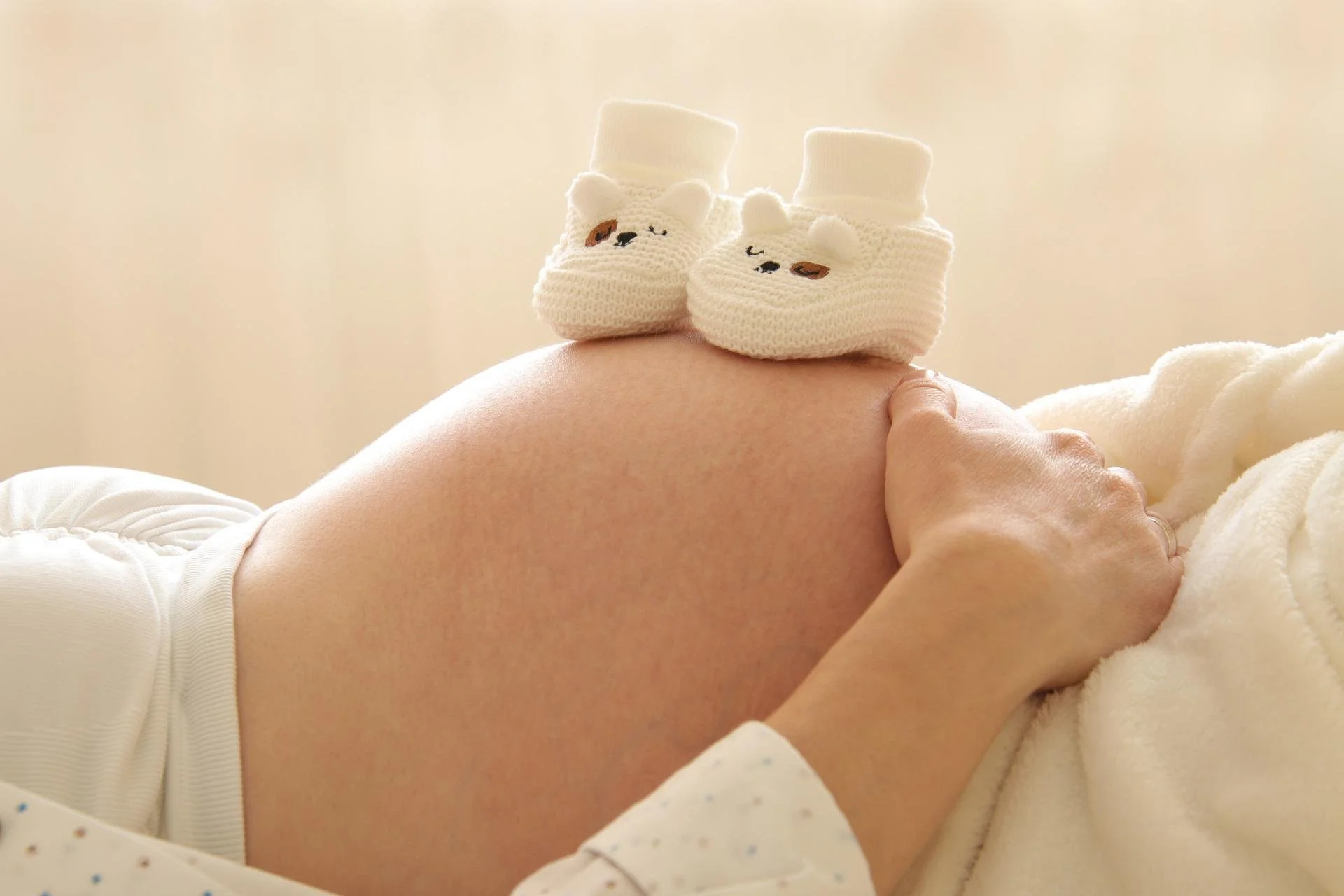Pregnancy Nutrition: Combatting Morning Sickness
You just found out that you’re pregnant, and you’re overjoyed! Fast forward a couple of weeks and morning sickness rears it’s ugly head. That joy bubble has just about burst!
Don’t worry, for most women morning sickness only last for the first trimester. Only about 10% of women will experience nausea up until delivery and so the odds are in your favor.
Whether you’re currently pregnant or considering getting pregnant, here are a few tips to combat morning sickness or be more prepared should it occur during your pregnancy.
1) Possible Nutrient Deficiency
Morning sickness symptoms like nausea can be a signal that you are deficient in either B6 of magnesium.
The pathophysiology of morning sickness is not fully understood, but what we do know is that as progesterone increases, magnesium decreases in the body. When progesterone and estrogen increase, this may cause symptoms of nausea and vomiting. Restoring magnesium levels can help to decrease some of these symptoms.
Pregnancy can also cause a nutrient deficiency in Vitamin B6 due to increased enzyme activity in the body which relies on Vitamin B6 for the processes.
Leafy greens are high in B6 and magnesium which may help prevent or decrease symptoms of morning sickness. If you are not a fan of dark leafy greens or the nausea is too crazy to be eating bitter greens, try freezing greens like kale and adding to your morning smoothie to sip on.
You can also try supplementing with Vitamin B6, 10-25 mg every 8 hours to reduce symptoms.
Click here to read more about my pregnancy eBook and get on the mailing list for the prerelease. The eBook contains a whole section on supplements, their benefits, the most absorbable forms to take, and recommended daily amounts.
2) Eat Your Protein
To elaborate on tip #1, Vitamin B6 is also found in animal-based foods like meat, poultry, and fish. Eating more protein will help balance your blood sugar levels throughout the day which is important to help decrease your risk of gestational diabetes - a symptom of which is feeling extreme nausea after eating.
A study also found that consuming meals and snacks that are high in protein reduced nausea and decreased gastric motility. A more recent study found that women who ate a high protein diet during pregnancy experienced less nausea and vomiting compared to the high carbohydrate group which experienced more nausea and vomiting.
Your proteins are needs are much higher than you think during pregnancy, and so it’s best to try and get in as much protein as possible with meals and snacks.
If you find yourself having certain aversions to the smells of meat during pregnancy, try plant-based protein sources like nuts, seeds, and legumes, or let meat cool down so it doesn’t have as strong of an odor.
If you’re craving nothing but carbs, try your best to follow the carb with some protein whether it’s a few sips of a protein shake or an egg. The first trimester can be challenging, but do your best to try different protein sources.
3) Consume Ginger
Ginger is the only nonpharmacological intervention for nausea and vomiting during pregnancy recommended by the American College of Obstetrics and Gynecology.
In a randomized control trial (the gold standard), 70 pregnant women at 17 weeks pregnant were given 250 mg of ginger four times per day for four days. The women in the ginger group had significant improvements in nausea compared to the placebo group.
Try ginger tea, crystallized ginger, or a ginger supplement for nausea symptoms. Ginger ale doesn't have enough ginger to be effective and so drink occasionally more so for pleasure :)
Bottom Line
Pregnancy is a wonderful time to practice mindful eating and learn to listen to what your body needs. Everybody is different and so some of these recommendations will work for you better than others. For morning sickness, ultimately do what works best for you, believe that it’s only a season and things will get better! If you’re only able to keep down refined carbs, that’s ok! Don’t feel guilty or get hung up about not being able to eat super nourishing. Chances are is that you’ll be in the 90% of women who only experience morning sickness during the first trimester :)

